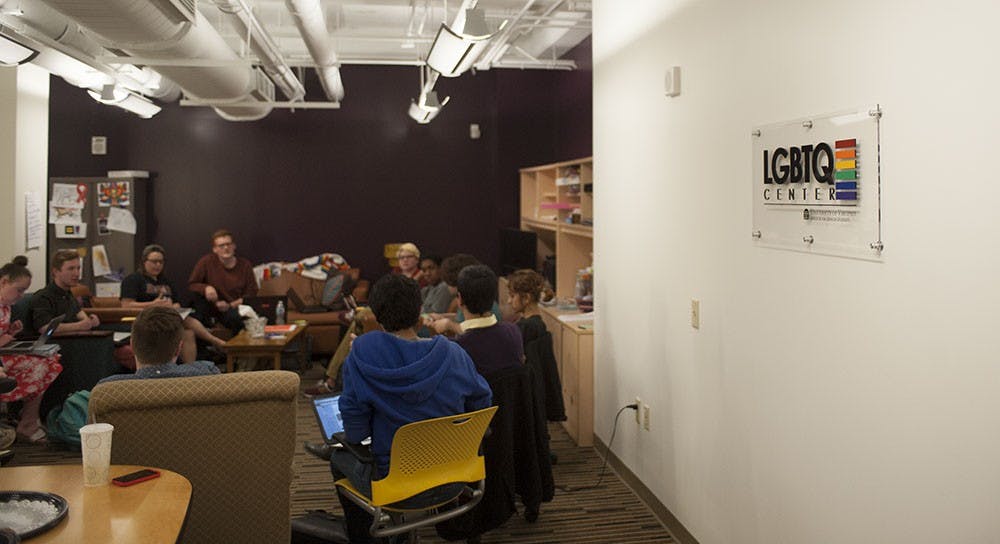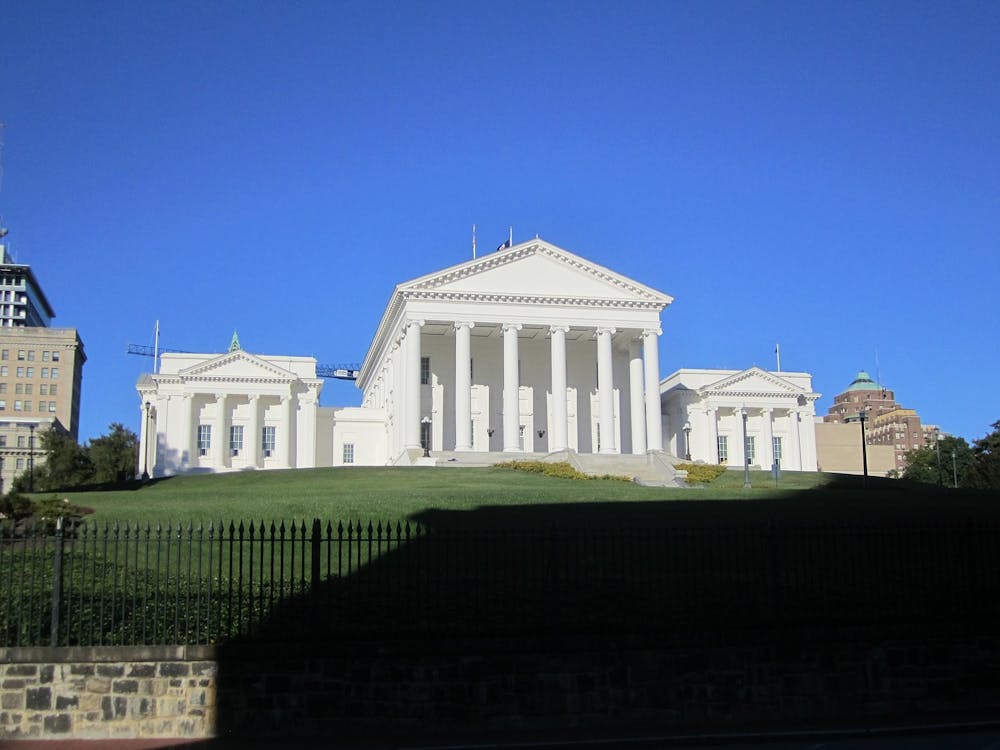The University recently added gender identity to its nondiscrimination policy, joining a wave of other Virginia public institutions which added similar provisions earlier this year following an executive order by Gov. Terry McAuliffe in January which incorporated such protections.
Under the revised guidelines, University policy prohibits discrimination based on age, color, disability, gender identity, marital status, national or ethnic origin, political affiliation, race, religion, sex (including pregnancy), sexual orientation, veteran status and family medical or genetic information.
Even in the wake of the change, though, a number of groups will continue to push to bring LGBTQ advocacy issues to the fore at the University.
The LGBT Committee, a subcommittee of the faculty and staff’s University of Virginia Diversity Council, has been working to make facilities at the University more welcoming to individuals with nontraditional gender identities, LGBTQ Student Services Coordinator Scott Rheinheimer said.
Reflecting this developing awareness, the University will add private, locked stall areas to the communal bathrooms planned for the Alderman Road dorms under construction, Associate Dean of Students Gay Perez said. She emphasized, though, that the University does not currently have plans to build gender neutral bathrooms.
“Within each community bathroom, there will be one private toilet stall and one private shower stall in order to give us additional flexibility to address specific resident privacy needs,” Perez said in an email.
Additionally, the LGBTQ Center has mapped out gender-neutral bathrooms to be placed around Grounds. These private stalls will help create a more comfortable environment, said fourth-year College student Blake Calhoun, chair of Minority Rights Coalition.
“Something as simple as [gender neutral bathrooms] makes a huge difference in a transgender person’s life — very small things like that are within reach,” Calhoun said. "U.Va.’s ultimate goal should be to provide what’s most comfortable to a trans student.”
Meanwhile, a student advisory committee — which consists of students involved with the LGBTQ Center, the Queer Student Union and Sigma Omicron Rho — is working with the Office of Admission to implement an optional question about LGBTQ identity on the demographic section of the University application. The question would read, “Do you identify as LGBTQ (lesbian, gay, bisexual, trans*, queer, and/or questioning)?” and would allow students who select “yes” to sign up to receive updates and information from the LGBTQ Center.
Third-year College student Porter Nenon, who is involved in promoting the initiative, said including the question on the application would be a significant asset in data collection.
“We have a lot of resources for LGBTQ students on Grounds, but we don’t have any way to assess how well we are recruiting or retaining LGBTQ students,” Nenon said. “Whereas other minority groups get information about how many students and enter or leave the University from the application, we have no way to get an idea of whether we are doing a great job or a terrible one. It’s important for promoting institutional accountability.”
Nenon said the demographic question would also send a strong message of support to potential students.
“Listing LGBT as an identity on the application lends it validity,” Nenon said. “It is something a lot of people in the community see as a demographic, not as an interest or extra information.”
Nenon said the committee has met with Dean of Admission Gregory Roberts as well at the Undergraduate Committee on Admission. The Office of Admission, which has purview over application changes, has been receptive to the proposal and has indicated a desire to add the question to the fall 2015 application, Nenon said. The final decision will be made in June, when the application is designed.
Questions regarding gender identity were included for the first time in the most recent climate survey conducted by the University.
Claire Kaplan, director of gender violence and social change with the University Women’s Center, said receptiveness to variations in identity are important in fostering a safe environment for the student body.
The inclusion of gender identity in the nondiscrimination policy, she said, is an important start.
“People with other kinds of identity issues, if they see this, see that [our] institution is clear about [its] policies,” Kaplan said. “Anyone who might have a particular identity — cultural, ethnic, racial, or other kind of identity — whenever they see the non-discrimination policy and see the inclusion of gender identity, they see it as thinking ahead and thinking of others. It’s willing to be welcoming to everyone.”
Ultimately, University administrators have said they will continue to explore options and outline policies to ensure the inclusion of gender identity in the non-discrimination policy is fully realized.
“We’re looking at doing it the correct way, in a way that is sustainable in policy as well as in practice,” Rheinheimer said.







